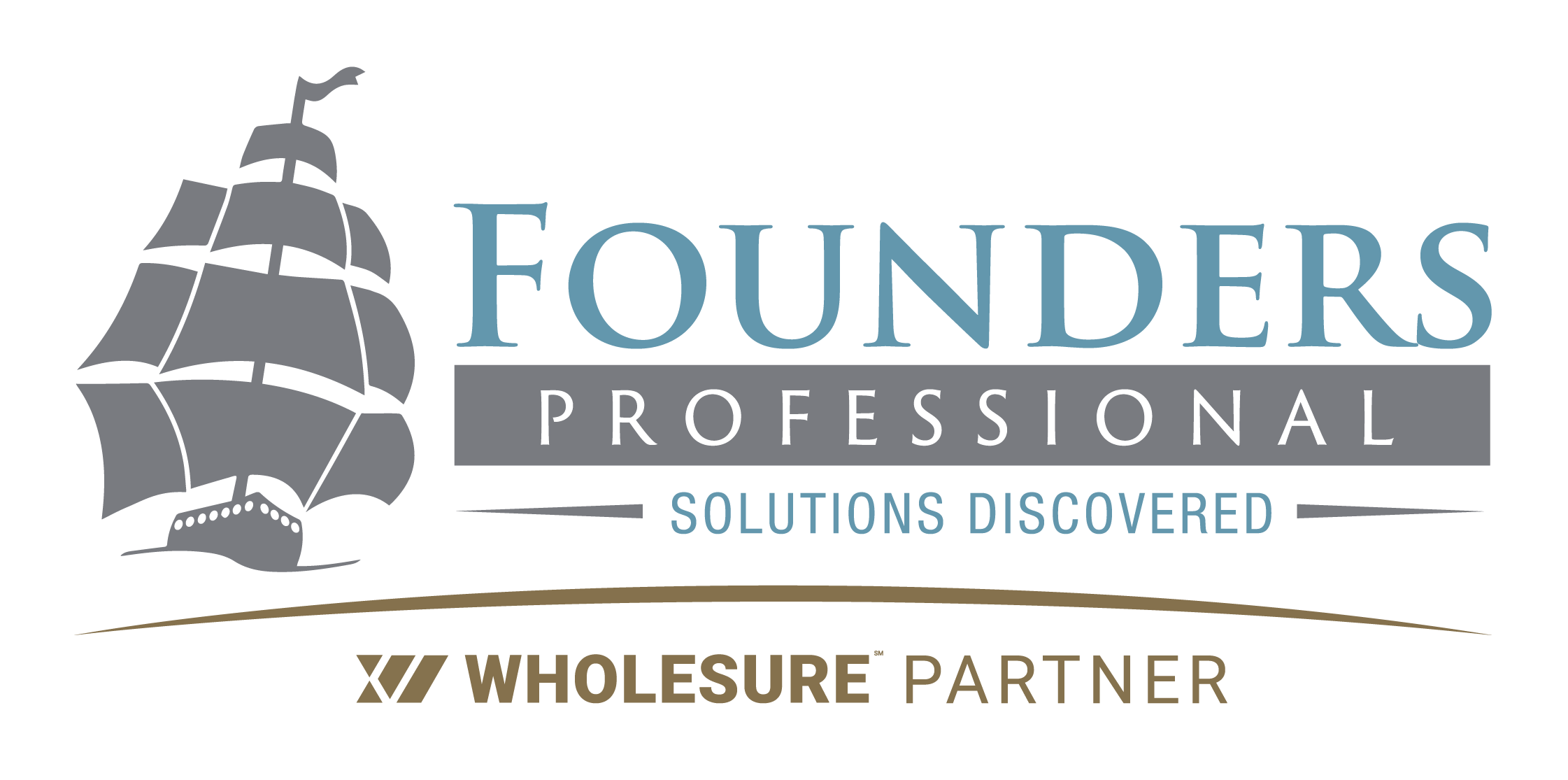March 30,2023
It has been 15 years since federal regulators have closed a failed bank with assets exceeding $100 billion. The last bank was Washington Mutual, which had $300 billion in assets when it failed in 2008. Silicon Valley Bank (SVB) made history when it closed its doors early one morning in March this year. On Friday, March 10, 2023, the California Department of Financial Protection & Innovation closed SVB in Santa Clara, CA and appointed the Federal Deposit Insurance Corporation (FDIC) as Receiver.
How does a bank with $200 billion in assets fail?
SVB was the 16th largest bank in the US with more than $200 billion in assets. SVB focused on servicing the technology and venture capital community and was known as the “go to” bank for these industry segments.
SVB assets grew from $115 billion in 2020 to $209 billion in 2022. As the assets at the bank grew, a large amount of the funds were put into Treasury bonds and mortgage bonds – which is a prudent strategy when interest rates are low. However, in early 2022 the Federal Reserve began raising interest rates. As interest rates continued to rise in subsequent months, the value of SVB’s bond holdings declined.
On Wednesday March 8th SVB’s decline would go into overdrive. There was a large increase in depositor withdrawals and stress to meet the withdrawal demands caused SVB to sell parts of its bond portfolio. Unfortunately, the sale would be at a loss of $1.8 billion. The loss led to Moody’s downgrading SVB’s financial rating, causing SVP’s stock to drop 60%. The run on the bank would happen the next day when clients withdrew more than $40 billion of deposits. It will be known as the first Twitter fueled bank run in history.
Days later, on Monday March 13th, a shareholder class action lawsuit was filed against the parent company of SVB, its CEO and its CFO, saying that the company did not disclose the risks that future interest rate increases would have on its business. The lawsuit says quarterly and annual financial reports for 2020 through 2022 didn’t fully account for warnings from the Federal Reserve about interest rate hikes.
Specifically, the lawsuit states that the reports to shareholders “understated the risks posed to the company by not disclosing that likely interest rate hikes, as outlined by the Federal Reserve, had the potential to cause irrevocable damage to the company” and “if it’s investments were negatively affected by rising interest rates, it was susceptible to a bank run.”
SVB’s Directors and Officers Insurance Policy
A D&O insurance policy protects the company’s officers and board members against claims made by shareholders or other third parties. Entities like SVB that are accused of wrongdoing will look to their D&O policies to fund their defense and any settlements or judgements against them.
If the shareholder class action lawsuit was not bad enough for SVB, there is a real chance its D&Os could also be sued by other banks, their customers, bank regulators or the Securities and Exchange Commission. SVB’s D&O insurance would respond to claims from any or all four of the parties mentioned.
As mentioned earlier, the class action lawsuit filed against SVB’s CEO and CFO states that their alleged conduct is what affected shareholders by causing SVB’s failure. If the actions of the CEO and CFO meet the D&O policy’s definition of an insured wrongful act, it will trigger insurance coverage for the current and future lawsuits.
At this time, it is too early to tell how SVB’s D&O policy will respond to the recent litigation. D&O litigation takes time to sort out and it could be years before all the litigation will be settled or dismissed. The SBV case illustrates why D&O insurance is so important – because adverse events can occur to companies of any size.
About the Author
Dan Vecchio is the Management Liability Practice Leader for Founders Professional. Dan helps retail insurance agents, across the Country, to place their distressed management liability insurance risks for businesses of all sizes across a multitude of industries. Dan can be reached at [email protected].

